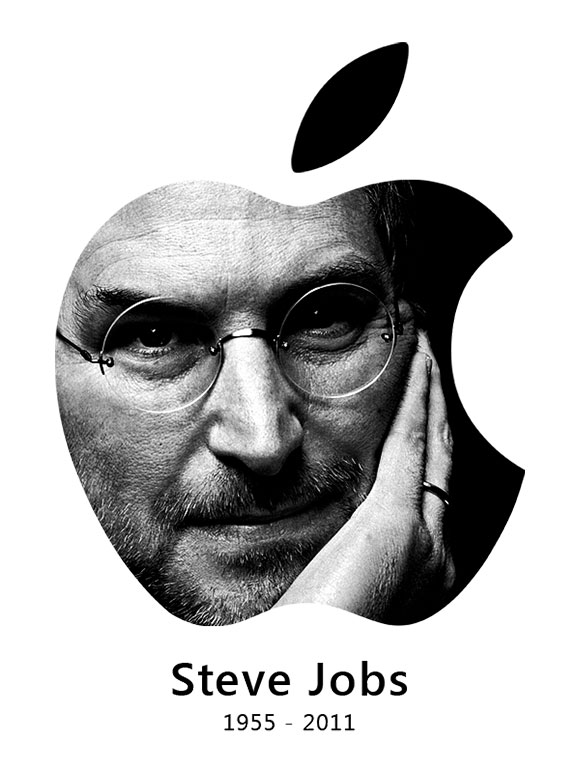The ability to take advantage of any sort of market inefficiency is often most apparent whenever the primary factor in the successes or failures of an entity changes or undergoes some sort of alteration.
Within the business landscape, we often assume that technology, financial backing, systems and modeling, etc. all play the most critical of roles to success. While those should certainly be considered as important elements, there is usually nothing more valuable than human capital.
Today is October 30, 2023. Apple, a once dominant organization rumored to have more cash than the federal government, has just filed for bankruptcy. ‘Really?’ you say to yourself. ‘How can that be?’
The overall economy has realized severe stagnation and frustration for quite some time now. Problems in Europe and elsewhere seem to continually threaten prosperity here domestically as a result, mostly, of vast and complex international banking.
While all companies are struggling to meet expectations and overcome market manipulation as it applies to stock pricing and beating forecasts, Apple is facing a real conundrum due to the loss of a leader whose presence goes beyond words.
Steve Jobs was more than just a business leader and CEO. He was a visionary and a revolutionary who seemingly saw the world from a futuristic standpoint. He was a “once in a generation” type of talent whose loss will be felt for years to come and in a way that might not be transparent until much later.
From doing business with George Lucas to garnering funding from Ross Perot, Jobs had it all. Not only was he a genius in the world of technological development and product enhancement, but he was also, as the youngsters would say, a true “boss.”
Jobs took nothing from no one and proved determined to do things his way. As a result, Apple grew to become the marquee company in the modern day business market.
But globalization and business complexity in a worldwide economy has also created strains for many. Companies often struggle to manage their newfound “largeness.” Apple is as big as it gets, and they have to manage themselves in an ever changing business environment in the wake of losing the only true leader they’ve ever known.
Prior to Jobs’ passing, there were already issues in play. Two high-powered employees faced SEC charged of options backdating in 2007. A board shakeup took place two years later in response to a conflict of interest related to Google CEO Eric Schmidt.
Do these sorts of uncertainties and potential transgressions spell disaster? Surely not, because they really are minor in nature. But they do speak of the inept presence associated with many American business leaders who find themselves in positions of prominence.
Jobs never stopped to admire his creations, and his constant efforts to progress and push forward despite extreme customer satisfaction is borderline nonexistent with other companies today.
Tim Cook joined Apple in 1998 and, by all accounts, seems like a pretty efficient businessman. His past endeavors are extensive and impressive.
But Cook doesn’t seem to have the personality and intuition that Jobs possessed. To be fair, it’s unlikely anyone really does.
And that is what creates the uncertainty described here. People forget just how important real life humans are to business. While you might not buy into the idea of a potential failure in the future for “AAPL,” you should probably heed the warning. Just look at some of the other recent business stories to come to light in the not too distant past.
Apple has a systematic approach in place that commands mark respect. The iPhone has become a universal tool of sorts used by a massive percentage of the market.
But being on top in such a dominant fashion has drawbacks. It can easily lead to complacency and a lack of self-awareness. While Apple seems to have a good grip on public and media related perception concerning its products, that could all change quickly.
Business leaders have a vast array of issues to concern themselves with day to day. Given the current state of the economic markets here in America, the end goals of many leaders are often most affected by business decisions which relate specifically to financial data.
Shifting focus toward such endeavors while continuing to maintain a level of excellence can be difficult for any normal person. Steve Jobs was not “normal” by any measure. We’ll soon find out a lot about Apple’s other employees in the coming years.







